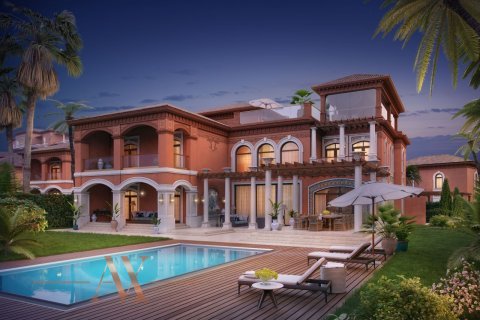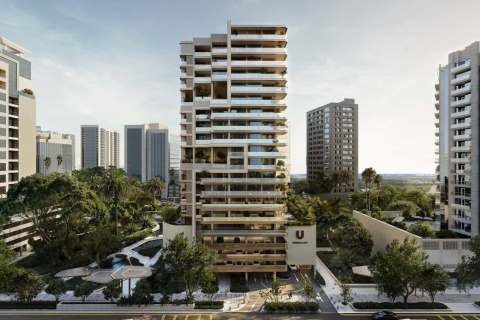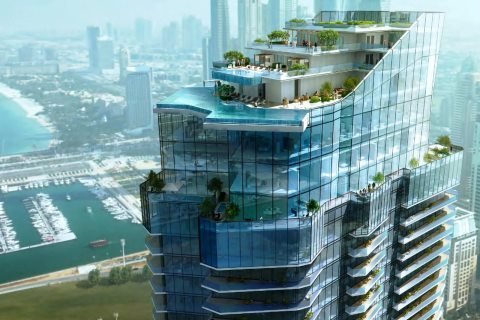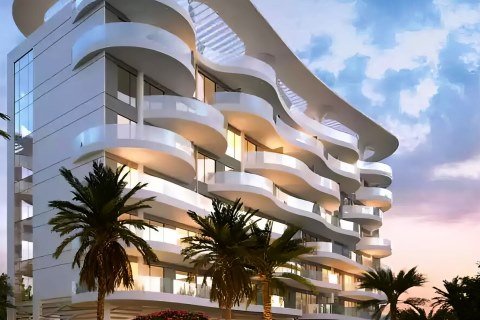According to reports, tenants are trying to keep rental prices high by providing less incentives to tenants and more often offering 13-month contracts with one free month of use
In some residential areas of Dubai, property owners are trying to fix ever higher rental rates on the eve of the new law coming into force that will freeze the movement of rental prices in the Emirate for the next three years.
The regulations proposed by the Dubai Land Department (DLD) were announced in April this year. The details of the bill are still not completely clear. In particular, it is not known whether the law applies only to new contracts or will also affect existing contracts that are due to be updated soon.
There is also no information about which types of real estate the freeze will be applied to: residential, commercial, industrial or to all at once.
Hazeem Balbaa, an employee of the law firm BSA Ahmad Bin Hezeem & Associates, reports: " Clarity regarding the scope of application of the law will be provided either when the draft law fully enters into force, or when the law is adopted and published in the Official Bulletin (the official publication of the government of Dubai)."
The National publication has made a request to DLD to make the current situation clear, but at the moment no response has been received. However, the publication had the opportunity to communicate with representatives of the Department in April 2021. At that time, the DLD argued that the adoption of the new regulation would have to stabilize the market for both tenants and landlords, as well as reduce the number of recently increasing disputes between both parties.
The general director of the Dubai real estate agency Allsopp & Allsopp, Lewis Allsopp, said the following in an interview with The National: "Compared to January 2021, in May we saw an increase in the rental rate in the villa sector in a number of areas of Dubai. For example, in Arabian Ranches, the rental rate has increased from 33,000 to 48,000 US dollars. Similarly, in Damac Hills, the amount of rent increased from $ 24,100 to $ 33,600."
The commercial real estate market has been rapidly getting cheaper since 2014. At first, this happened against the background of a three-year drop in oil prices, then because of concerns about an oversupply in the sector. However, the reverse process has now begun.
Last but not least, the change in the trend is due to the transition of most of the world economy to remote employment, which in turn forced people to stay locked up at home to think about buying or renting larger real estate adapted not only for life, but also for work.
In the first quarter of 2021, more than 10,000 residential properties were given to new residents of Dubai. More than 26,500 objects should be implemented by the end of 2021.
Increasing demand is one of the motivations of landlords to try to increase the rental rate by all means. However, they are limited by the DLD Rental Index, which strictly regulates the amounts by which you can raise the rate when renegotiating annual contracts.
On the other hand, while property owners are in uncertainty from the prospects of freezing rental prices, tenants in the next three years will be able to more accurately calculate the costs they will have for renting a particular housing.
Despite the new growth trend of the premium real estate sector, the main market share is still the supply of housing in the middle price segment, so the state is interested in maintaining the interest of tenants in this sector.
In general, analysts do not foresee strong shocks or negative consequences from the lease freeze, despite the concerns of landowners and property owners.





